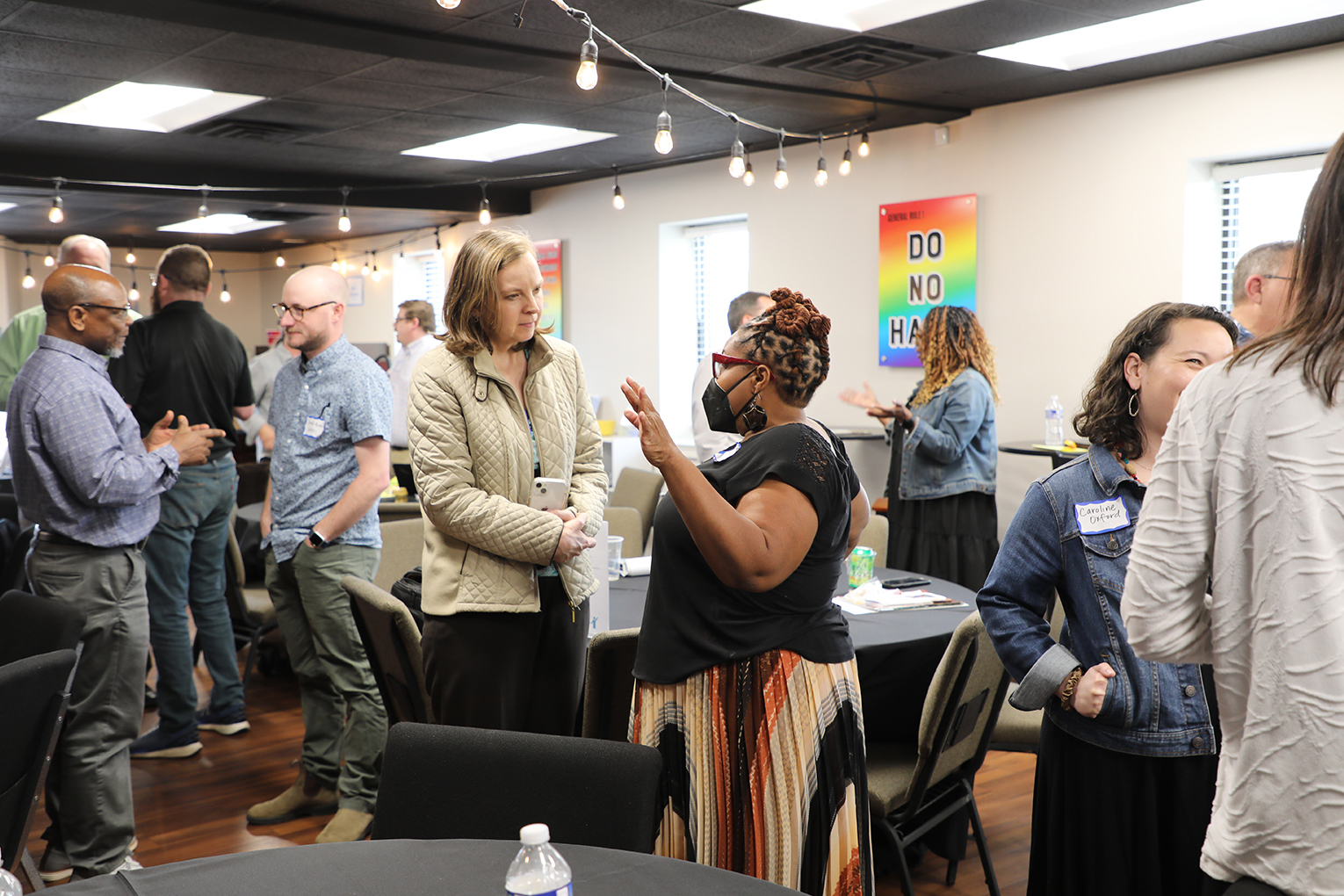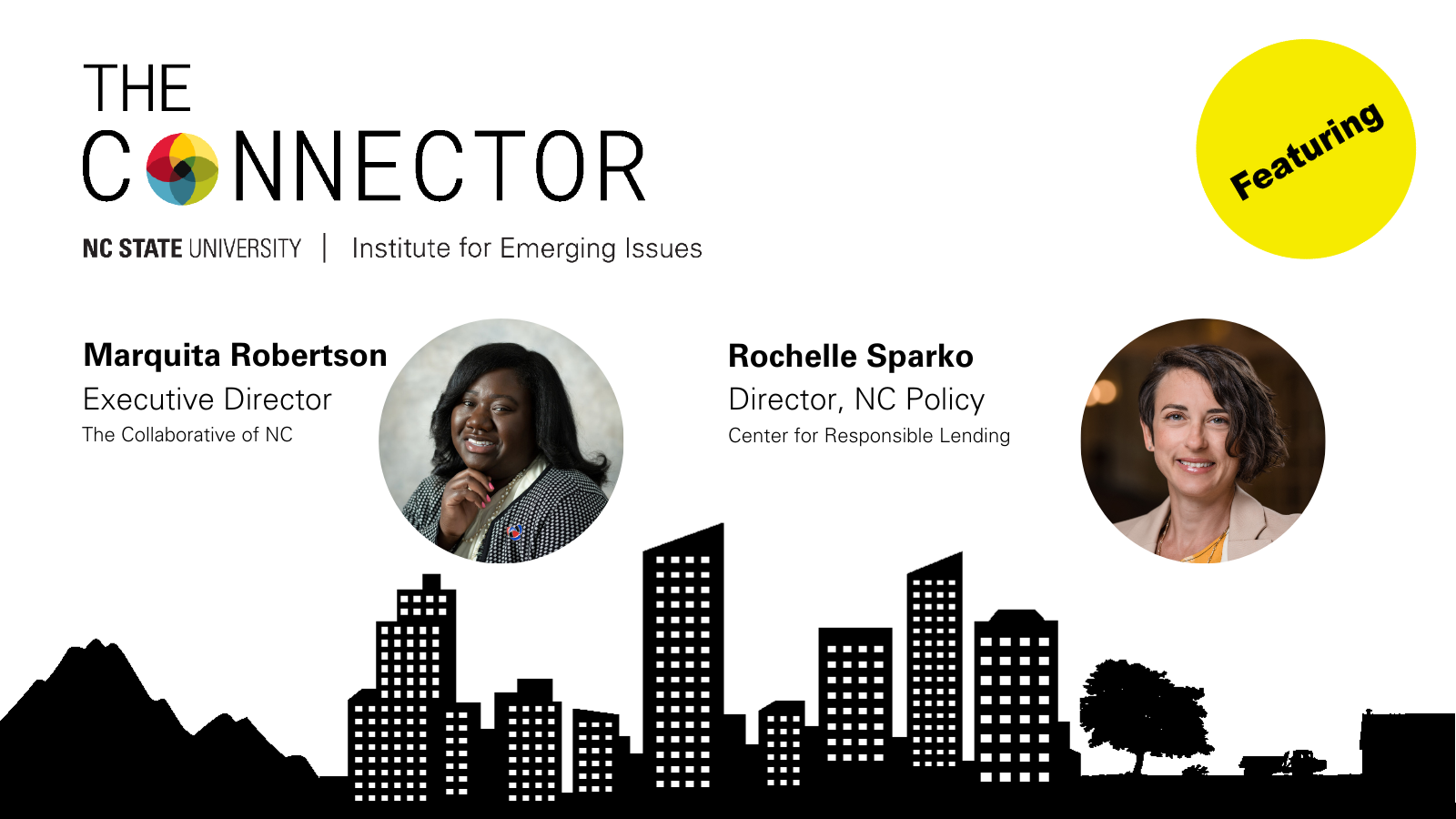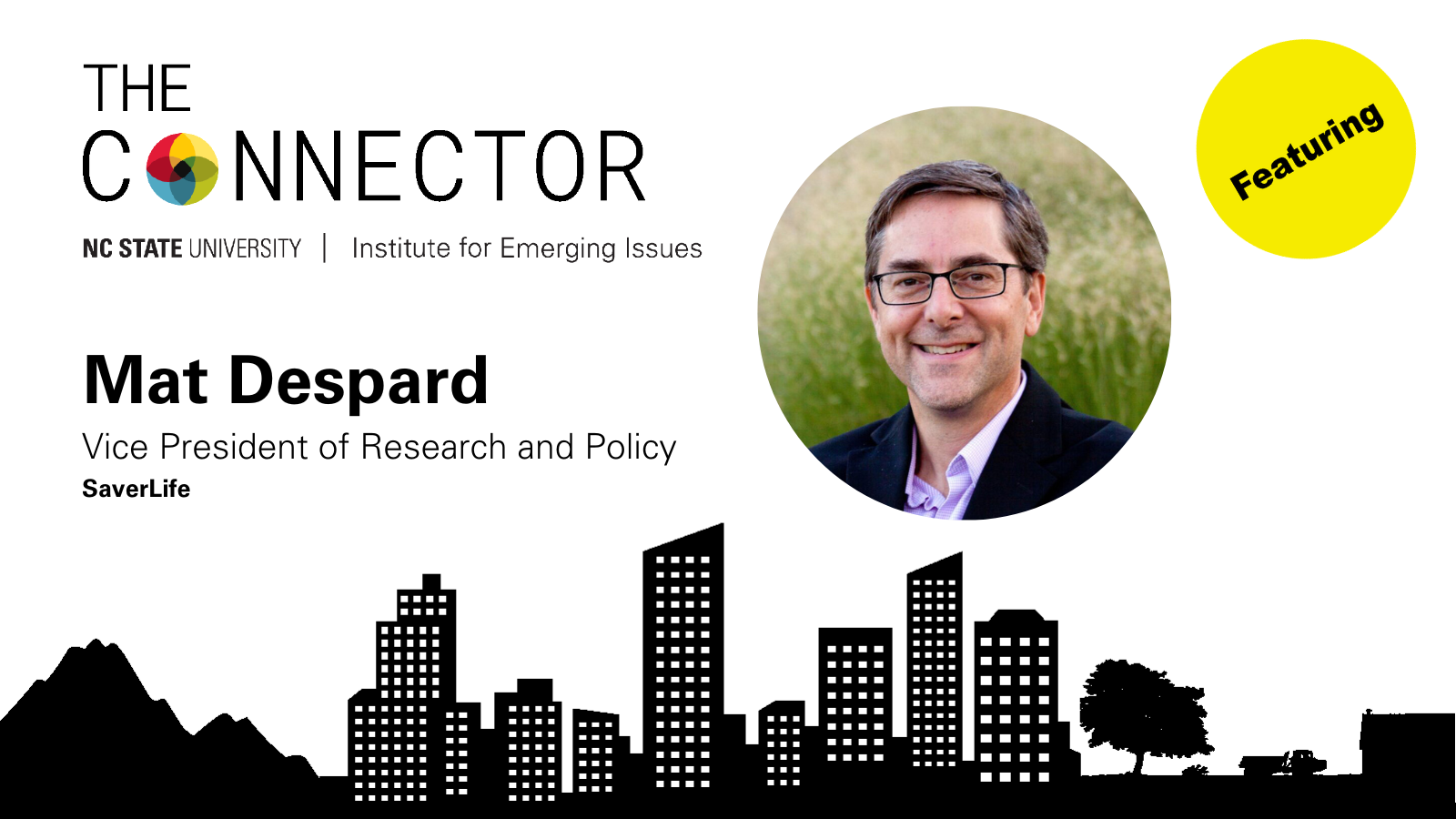Making Things Fair | Equity v. Equality

This past week I was honored to attend the North Carolina Council of Church’s Partners in Health and Wholeness Health and Faith Summit in Greensboro.
The Partners and Health and Wholeness (PHW) program allows faith communities to enact healthy habits in their congregation and communities through resources offered by the Council of Churches. In my work at IEI with rural faith communities I often meet congregations that ask important questions like:
- How do we address high percentages of chronic disease in our community?
- How do we host exercise classes at our church since there are none in the area?
- How do we make our food pantries more nutritious?
The topic of my workshop with some attendees of the Health and Faith Summit was not focused on health itself, but rather equity vs. equality (here’s a blog post containing a famous visual representation of the two).
Equality = Outcome
Equity = Process
Our group shared a few examples of focusing on equitable programs and relationships rather than just equal.
Equality = Everyone gets shoes
Equity = Everyone gets shoes that fit
Equality = Everyone gets a snack
Equity = Everyone gets a snack they aren’t allergic to
Equality = Everyone can use the restroom
Equity = Everyone can use the restroom because they accommodate different abilities

The goal for addressing any social issue is equality — that everyone has the same chance to improve their lives. But we must acknowledge the barriers that prevent certain groups of people from accessing the same resources as everyone else — that there are many inequities that must be addressed to achieve equality.
A statistic that grabs attention around the state is that North Carolina is first when it comes to Pre-K quality but 41st when it comes to Pre- K enrollment.
Some reasons families aren’t enrolling in quality Pre-Ks in North Carolina include a lack of:
- Transportation
- Funds
- Information (what programs exist and where)
- Incentive (not knowing the importance of quality early childhood education)
- Stable housing

What role do faith communities play in exploring inequalities in their area? The mandate of many religious groups allows them to care about the health, education, poverty, and economic gaps that exist within their congregations and neighborhoods. Here’s a “Dissecting Hunger” exercise I use at my workshops to help faith communities understand some gaps they could fill when it comes to hunger in their communities. It allows us to think about groups of people that often suffer from health inequities due to economic, social and environmental disparities.
Many faith communities want to know how to begin evaluating their current health ministries so they can become more equitable. It takes a lot of honest insight, humility, and patience, but many faith communities are “making things fair” by starting with the following three steps:
- Work Backwards: Brainstorm about all the societal and individual factors that lead to the need of having multiple health partnerships in your area. Who is hungry? Why are people sick? What are the barriers to good health?
- NC 211 Counts allows you to see the top social requests (like housing or dental services) from people in your county or zip code.
- Form Relationships: If your faith community is passionate about starting a community garden, contact people in your area that already have one! It’s important to hear from organizations and faith communities already addressing inequities. How do we partner with them? What are the best practices they recommend? Do we need to start our own garden, or help transport people to existing ones?
- Groups to Consider: clergy groups, community foundations, nonprofits, and other faith communities.
- Evaluate Often: Looking at data available for your community, what is a measurement our faith community wants to help change? Many communities struggle with poor dental, mental, and physical health due to lack of resources, transportation and funding. Choose one variable, ask partners for insight, and track progress and changes.
- IEI’s Emerging Issues Commons lets you explore health variables in your community.
Digging in deep allows your faith community to make real change that affects people’s lives through resources, kindness and relationships. Equality is achievable when we make sure our programs and relationships are equitable.
________________________________________________________________________________
If you are a rural faith leader or are interested in working with other faith leaders on community development or our peer networks, contact IEI’s Rural Faith Communities Fellow Kylie Foley at kdfoley@ncsu.edu.
- Categories:


